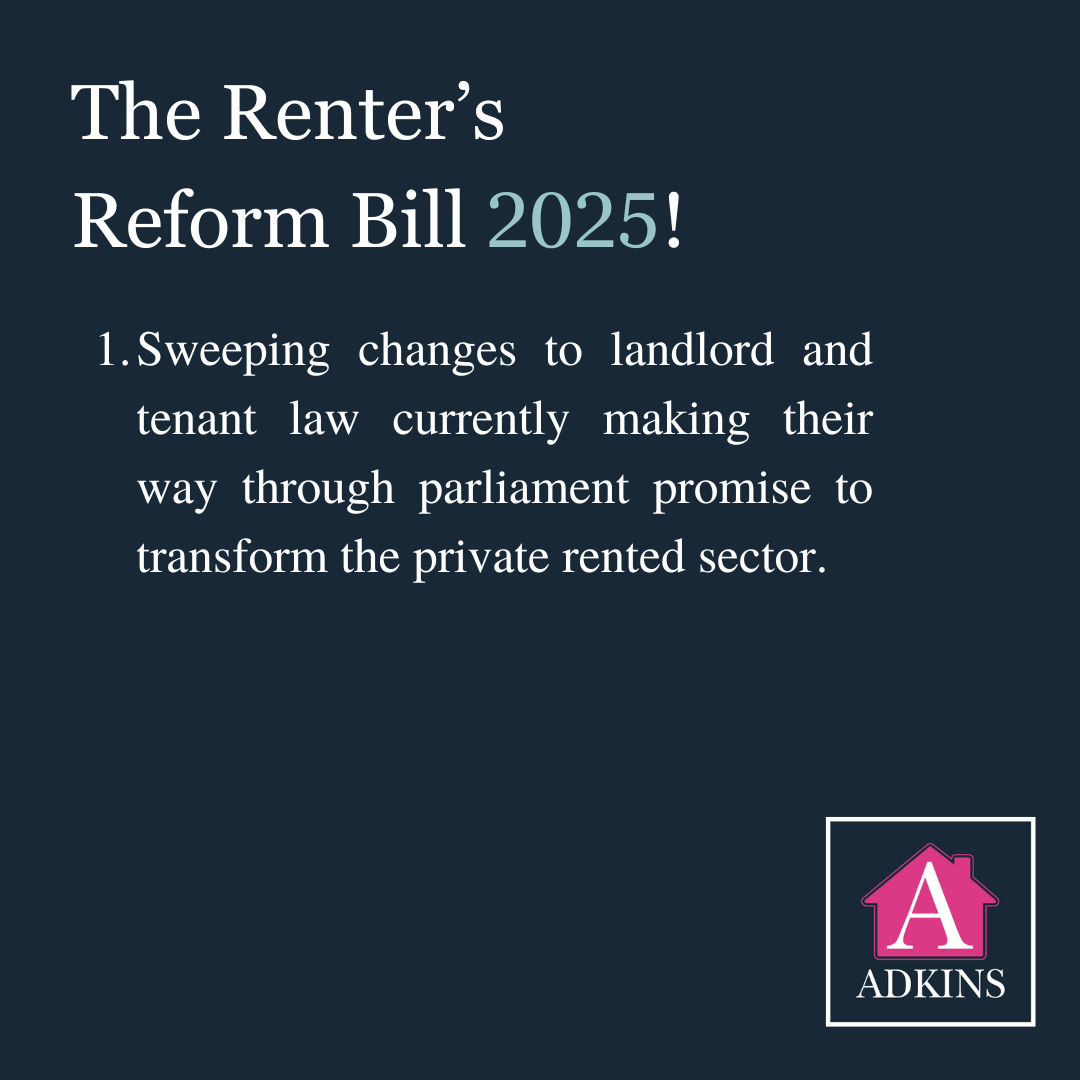New data published today by Rightmove suggests that the number of former rental properties up for sale is now at its highest level on record.
The property portal points to the Autumn Statement on 30 October as one potential driver of the increase, as it is mooted to include an increase to capital gains tax, which could affect landlords.
Nearly a fifth (18%) of homes currently for sale were previously available on the rental market, compared with 8% at this time in 2010.
The trend is most prominent in London, where nearly a third (29%) of all homes for sale were previously available on the rental market. Scotland is second on the list (19%) and the North East is third (19%).
However, the trend has been slowly increasing for many months, and the previous five-year average for homes switching from the rental market into the sales market is 14%, suggesting that despite the recent spike, we’re seeing an increasing trend rather than a sudden mass exodus of landlords.
The overall number of new properties coming to the market for sale is now up by 14% versus 2023, following a post-Bank Rate cut surge in new seller activity. The certainty of the new government followed by the first Bank Rate cut for four years has led to a boost in both buyer and seller activity.
The data does compare to a much quieter period during 2023, when home-movers were impacted by high inflation and peak mortgage rates. Compared with pre-pandemic 2019, the number of homes coming up for sale is a smaller +3%, highlighting that there is still not a glut of homes for sale.
Rightmove suggests that there needs to be more incentives for landlords to stay in, rather than exit the private rented sector, and continue to invest in more homes for tenants.
Rightmove’s rental market tracker has frequently reported on the impact that a low-supply, high-demand rental market has on rising rents for tenants, and more homes leaving the rental sector is likely to squeeze supply and costs further.
Rightmove’s Tim Bannister said: “In recent years it has become more attractive for some landlords to leave the rental sector rather than to continue to invest in it, due to rising costs, taxes, and legislation. A healthy private rented sector needs landlord investment to provide tenants with a good choice of homes. We’ve seen over the last few years how the supply and demand imbalance can contribute to rising rents, so there is a worry that without encouragement for landlords to stay in rather than leave the rental sector, it is tenants who will pay the price.
“However, despite the trend of more landlords choosing to sell up, it doesn’t appear to be a mass exodus, and we will need to monitor the longer-term impacts of what happens to the rental supply that is put up for sale. For example, these homes could provide first-time buyers with more choice. They might also be purchased by other landlords and put back into the rental market, which would signal a changing of the guard rather than a complete exit from landlords. In any case, we hope the government is considering ways it can support landlords and the private rented sector ahead of the Autumn Statement.”
Chris Norris, policy director for the National Residential Landlords Association, commented: “Today’s data will be a serious concern for all those renters struggling to find somewhere to call home. With demand already massively outstripping supply, Rightmove suggests the situation is set to get worse.
“Every rental home that is sold simply exacerbates the imbalance between supply and demand. Whilst some of these properties will inevitably end up on the owner-occupied market, that will be of little comfort to those households struggling to access quality housing.
“What we need is a housing strategy that recognises the need for more of every type of property, including high quality homes for private rent. That’s why the Budget needs to announce pro-growth tax plans to meet the needs of renters across the country.”
Angharad Trueman, Propertymark president, added: “The private rented sector plays a crucial role in providing safe and secure housing across the UK. However, current government policy continues to risk squeezing good landlords out of the sector with ever-increasing demands from new and amended legislation, taxes and other financial hurdles, ultimately making finding and affording a home increasingly difficult.
“With the social rented sector at full capacity and the prospect of buying a home out of reach for many, the private rented sector needs to be better sustained and nurtured. The UK government must support investment to make this an attractive option for prospective and current landlords to kickstart the nation’s housing crisis recovery and provide people with much-needed homes.”















